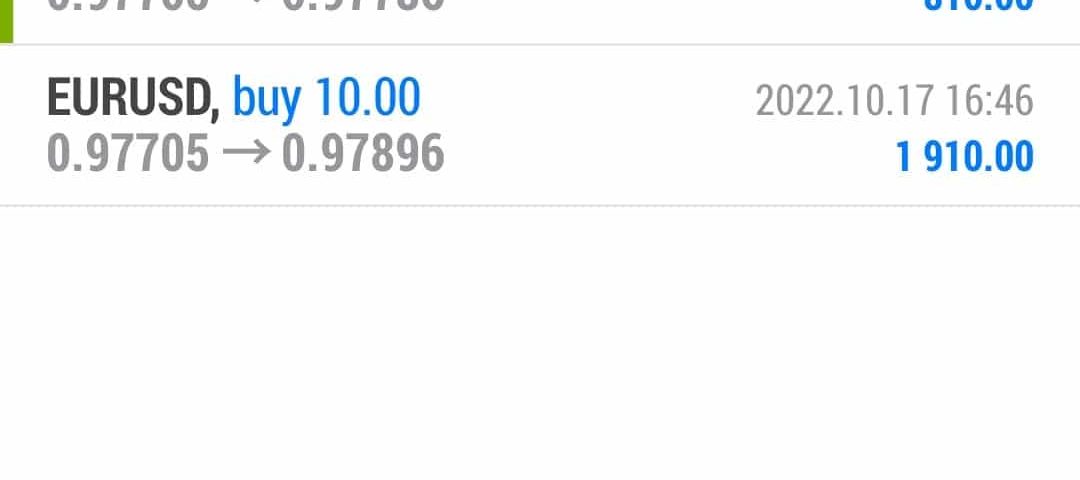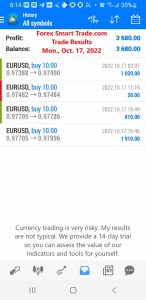What is an A-Book broker and how do forex brokers manage their risk?
While your forex broker will always be your counterparty and take the opposite side of your trade, it does NOT mean it has to be stuck with the potential scenario of ending up on the losing end of the trade and incurring a loss.
If the broker does not want to “B-Book” or accept the market risk, it can find a third party and transfer the risk to them.
This is also known as “offloading” or “hedging” risk.
The broker wishes to offload or hedge its market risk to another market participant in the institutional FX market.
This might be a bank, non-bank electronic market maker, hedge fund, or even another forex broker.
Since the forex broker must always stand ready to accept trades from its customers at any time, if it wants to ensure it can hedge whenever a new trade arrives, it needs a market participant who will continually provide tradeable quotes at any time.
These market participants are known as liquidity providers (LPs).
Whenever the broker needs to buy, an LP will be willing to sell.
And whenever the broker needs to sell, an LP will be willing to buy.





